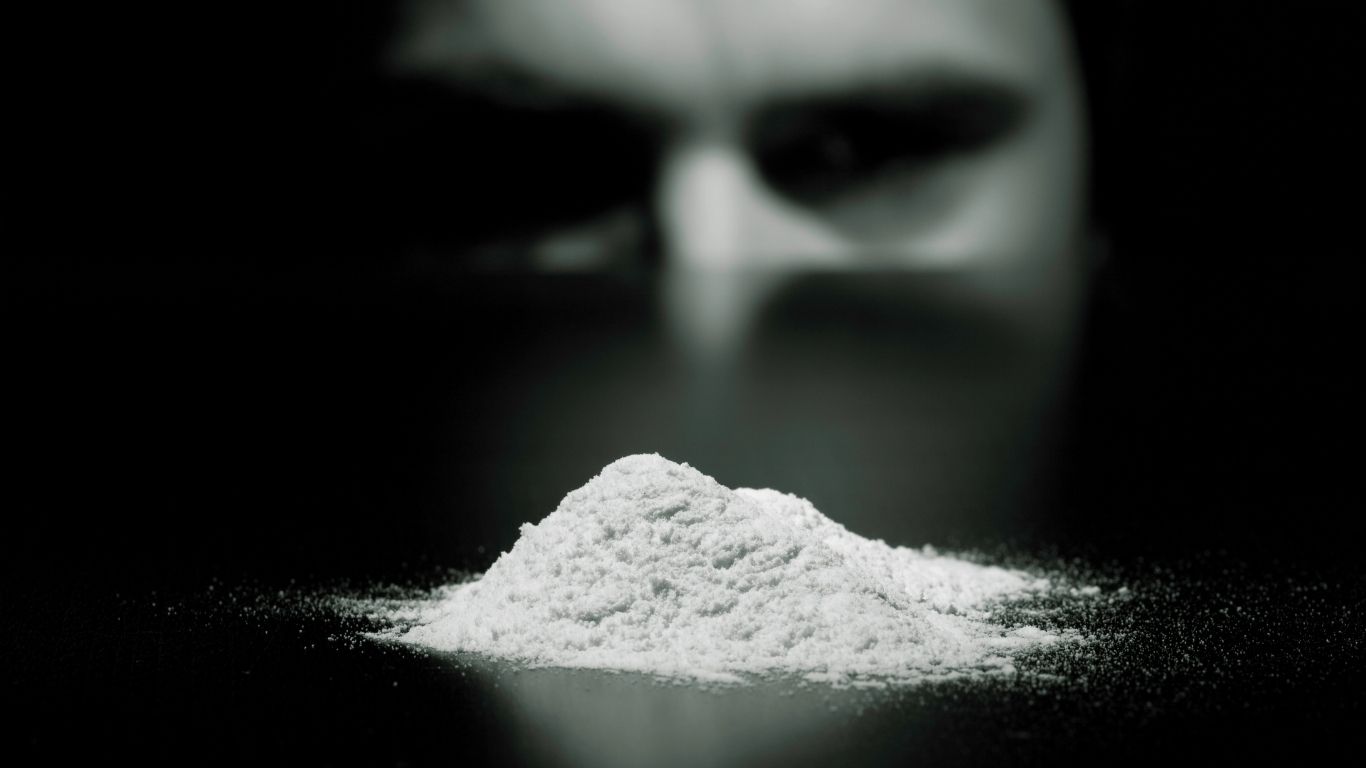How Family History Impacts Alcohol Addiction
When you have grown up with loved ones that have battled a life of alcohol abuse, you want to know what your risk of developing an alcohol use disorder is. According to the National Council of Alcoholism and Drug Dependence (NCADD), the greatest risk of developing an alcohol use disorder is a family history of addiction. You have seen the severe impact that alcohol abuse can have on a person’s life and want to be prepared to know which factors of your life can contribute to developing alcohol use disorder to put protective factors in place to avoid a life of alcohol abuse.








